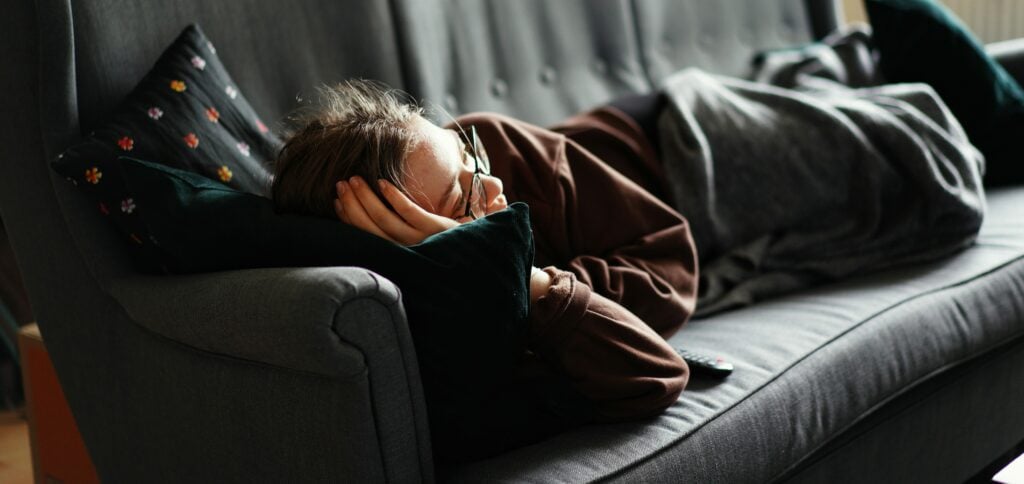Naps are periods of sleep outside of the night, which is the correct time to sleep for hours at a time, and are different from an uncontrollable and unintentional sleep episode.
ADVERTISING
To discover the possible benefits of these daytime naps, researchers evaluated naps in 32 adults who, after the usual amount of nighttime sleep, were subjected to four experimental conditions: wakefulness and naps of 10, 30 or 60 minutes on alternate days.
Scientists compared sleep time using polysomnography (an exam carried out to measure the physiological variables of sleep), to know exactly how much time should be allocated for a quality nap.

Volunteers' mood, objective sleepiness, and cognitive performance were measured at 5-minute intervals, 30, 60, and 240 minutes after awakening from a nap to assess the possible beneficial effects of this nap. The researchers also analyzed the impacts of these minutes of sleep on the participants' memory encoding.
ADVERTISING
According to the study, it took participants 10 to 15 minutes to fall asleep. And the results show that, compared to wakefulness, all nap durations had clear benefits in improving mood and alertness (from the shortest, 10 minutes, to the longest, 60 minutes). However, only 30-minute naps had a direct benefit on memory encoding, indicating that at least half an hour of sleep is necessary to improve memory.
Understanding the nap
To understand the importance of napping during the day, you need to know the physiological mechanisms that make us sleep at night. According to neurologist Letícia Azevedo Soster, specialist in Sleep Medicine at Hospital Israelita Albert Einstein, sleep has several functions in the body, but the primary function is to make our body recover the energy that was spent during the day.
“We don’t take energy from anywhere externally, we produce it. We wake up full of energy and use that energy throughout the day. When this happens, energy molecules [called ATP] break down and accumulate in the body. The function of sleep is precisely to reunite and “glue” these molecules together again, so that we have energy again”, explained the neurologist, stressing that it is the so-called homeostatic process.
ADVERTISING

But it's not just because of energy expenditure that we sleep. We also sleep due to a metabolic process – called the circadian clock – which promotes the synchronization of the organism in relation to the light and dark of the environment (wake and sleep). The third mechanism that makes us sleep is behavioral.
“We sleep at night because there is a favoring of the homeostatic process [which is tiredness after energy expenditure] with the metabolic moment [our body prepares to sleep in the dark]. By combining these two mechanisms, plus our behavior, we are able to fall asleep and stay asleep”, explained Leticia.
However, it may happen that we do not tolerate the accumulation of tiredness during the day very well and, therefore, we need to take a nap in the middle of the day to carry out this process of repairing tiredness a little earlier. “This is what happens with elderly people, for example, who take more naps throughout the day because they feel tired more easily,” said the neurologist.
ADVERTISING
Source: Einstein Agency
@curtonews How about napping after lunch? 🥱
♬ original sound – Curto News
Read also

Receive news and newsletters do Curto News by Telegram e WhatsApp.




